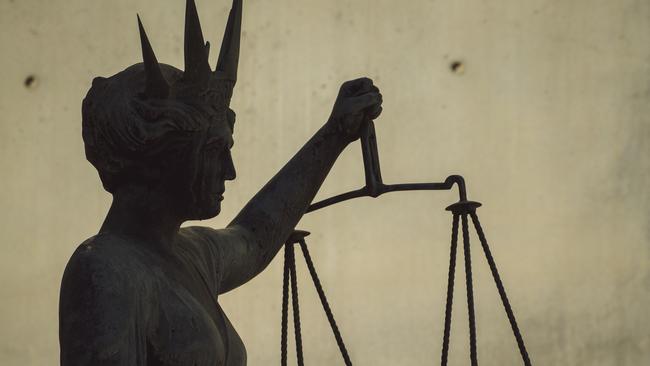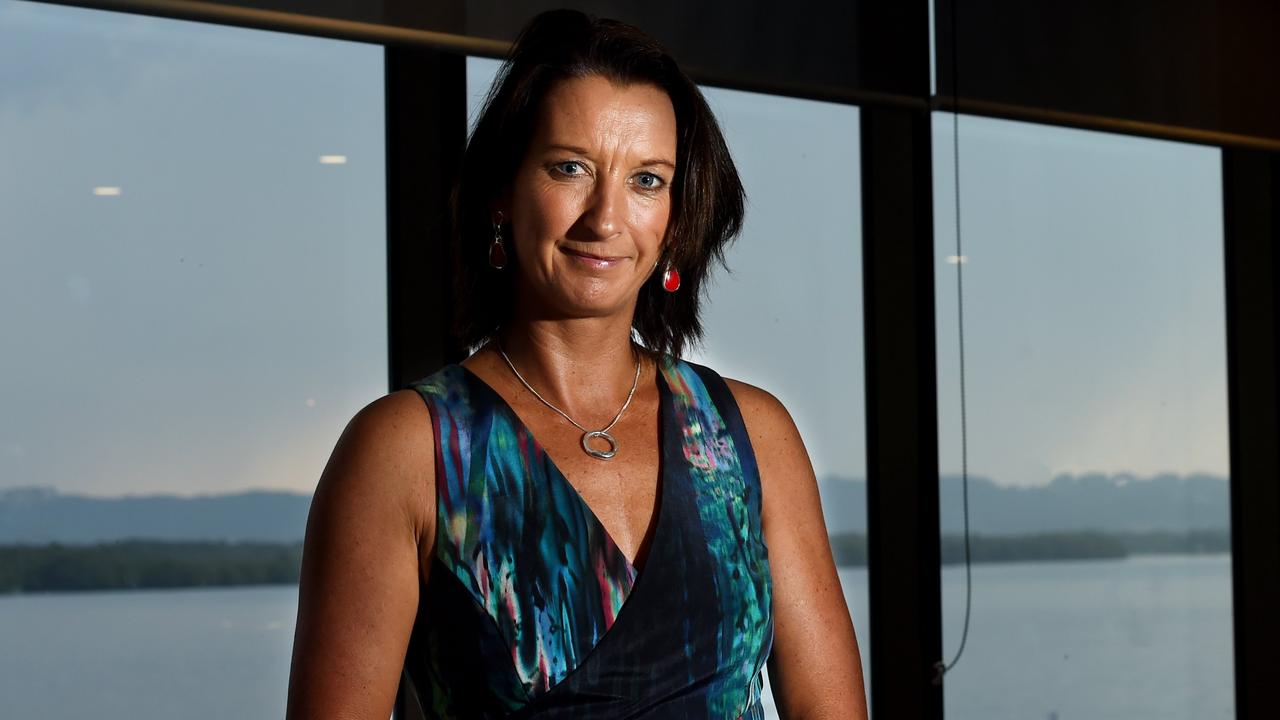Court move to help overcome Qld’s massive DNA backlog
A new project aimed to streamline sexual assault cases through the courts allowing a backlog from a DNA bungle of murder and rape cases to progress faster has been introduced but experts say the problem has been ten years in the making.

QLD News
Don't miss out on the headlines from QLD News. Followed categories will be added to My News.
A new legal project is expected to streamline sexual assault cases through the courts after Queensland’s DNA bungle, but experts say the problem has been ten years in the making.
On September 2, a new court direction specific to sexual assault cases was introduced in the District Courts which will require defence and prosecution lawyers to determine what evidence is needed and which DNA samples should be tested before trial.
It would also require forensic scientists to give more detail about what tests have been done.
Forensic Science Queensland was ordered to re-test more than 41,000 rape and murder cases after failings at the lab causing significant delays.

The lab has struggled to keep up with demand since. In April The Courier-Mail revealed just 1 per cent of the identified 41,000 compromised case samples had been retested in 12 months.
The new initiative strives to cut down the number of forensic tests needed.
Veteran criminal lawyer Bill Potts said the government had known about the problem for some time and they can’t just magically wave a funding wand to solve the issue.
“The reason why the problem has occurred in the first place is that the government, despite having been in there for 10 years, has not invested properly in the testing facilities or in its training,” he said.
“Or in its management, and so the corner cutting and the outright dishonesty that we saw was a symptom of the chronic underfunding and lack of planning by the government over at least a decade.”
Mr Potts thought the latest step was good progress. “It’s a genuine thought-out attempt to narrow the field, to work out what is important,” he said.

“So I think that this is a good step forward, but it’s only as a result of the failings in investment that would be unnecessary if we had a system that was fit for a purpose and fit for the 21st century, which we don’t.”
He said defence lawyers would be concerned about two things from the latest direction.
“One, is not giving away their defences too early, and secondly, putting the Crown, the prosecution to its proof.
“So there will be a natural concern from the defence about giving away defences in circumstances when the prosecution, because of the delays have not yet been able to prove their case fully yet.”
Mr Potts said the delays were still a concern.
“Of course, we’re dealing with people who are presumed to be innocent. Now the problem, of course, is, is that if you’re charged with murder, many of these people, even though they’re presumed to be innocent, have been accused of and are in custody for a very long period of time awaiting the hearing,” he said.
“So these delays literally mean that justice delayed equals justice denied.”

Attorney-General and Minister for Justice and Minister for the Prevention of Domestic and Family Violence Yvette D’Ath said streamlining sexual assault cases so they can proceed through the justice system without delay was a great initiative by the court.
“Working with defence and prosecution teams to determine exactly what evidence is needed in a case, will assist in matters progressing through the courts,” she said.
“This could cut down the number of samples needed for testing in a particular case, freeing up FSQ scientists to move onto other cases.
“There is no quick fix for this issue - the reality is that it will take time for FSQ to steadily build capacity, so any initiative that assists that process is greatly appreciated.”
More Coverage
Originally published as Court move to help overcome Qld’s massive DNA backlog





